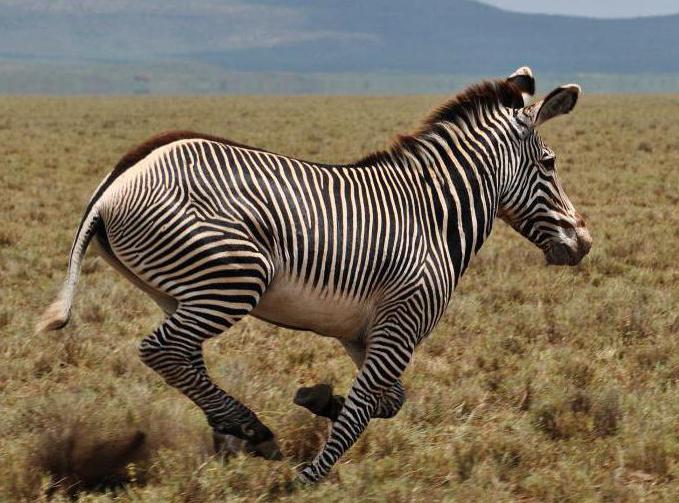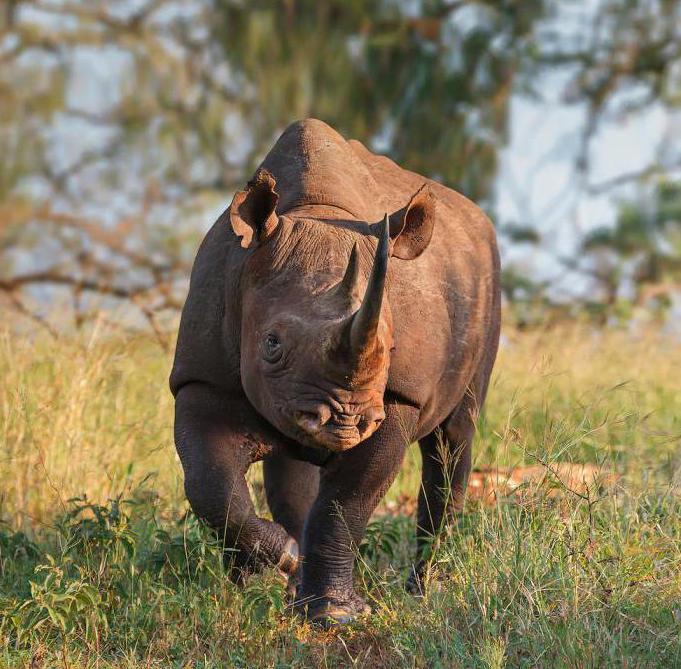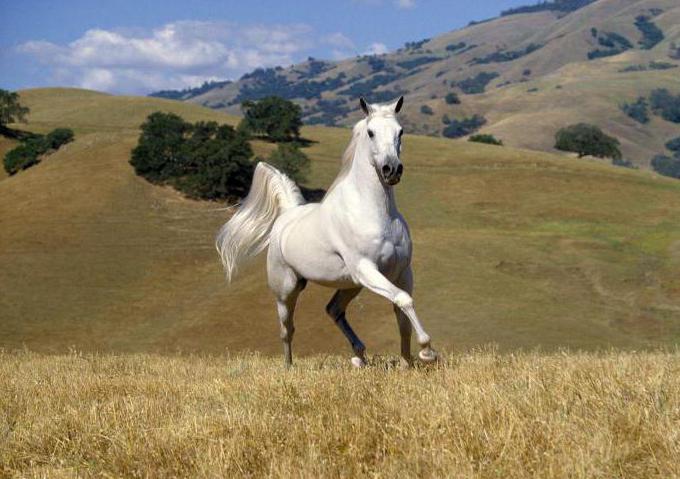Belonging to the placental order. Their distinguishing feature is the hooves, which form an odd number of fingers. The list of equids includes various types of rhinos, tapirs and horses. Representatives of the wild nature are found only in scattered populations due to the reduction of living space and hunting for them.
General information
At all times, equids have played a big role in human life, especially domesticated species. Donkeys and horses, which are the most representative of the list of equids, are found throughout the world, including areas where they originally were, for example, in Australia. Some of the species of the order serve as objects of hunting; in a number of countries, horses are used as riding animals.
The territorial location affects the way of life, equids show the greatest activity at night or twilight. Modern species of tapirs are solitary, they inhabit forests, including tropical ones. The same way of life is led by rhinos that live in swampy Asian areas, and also Horses, on the contrary, always keep in groups. Habitat - steppes, savannas, semi-deserts. All members of the order are herbivores, feeding on parts of plants, including leaves and roots, as well as grasses.
Odd-toed ungulates: list
On various resources you can find a lot of information about the representatives of the placental detachment. According to the Internet resource called "Species of Mammals of the World", the list of equids includes three families, six genera, and seventeen species, one of which is extinct. The horse family includes:
- mountain zebras;
- horses;
- kulans;
- savanna zebras (the second name is Burchell's zebra);
- kiangs;
- desert zebras, which are called Grevy's zebras.

Another type of horse is the quagga (an extinct species). Of great interest to scientists are tapirs - unusual, with a deep history, artiodactyl animals. The list of tapirs is as follows:
- mountain tapirs;
- Central American tapirs, called Baird;
- lowland tapirs;
- black-backed tapirs.
The rhinoceros family includes several species and genera. Representatives differ in appearance and habitat. These are rather large equine animals. The list (a photo of one of the representatives can be seen below) is based on the division of each genus into species:
Rhinos:
- Javan rhinoceros;
- Rhino Indian;
White Rhinos:
- Rhino is white;
Sumatran rhinos:
- Sumatran rhinoceros;
Black Rhinos:
- Rhino is black.

The main types of domesticated horses
In the process of how a person was engaged in the domestication of horses, he tried to improve them. As a result, the list of odd-toed ungulates has significantly expanded. Among the most famous species are:
- heavy;
- trotting;
- draft;
- riding.
The first are massive, well-developed muscles and a large head. These are the Vladimir and Russian draft horses, the Belgian Brabancon, the French Percheron. Trotting horses are very fast and graceful equids. The list consists of many breeds, but the Oryol trotter is considered the most famous.
Draft horses are considered one of the strongest among all representatives, which are massive and of medium height. These are breeds such as the Tori draft, Latvian, and also Belarusian. Horse breeds were bred by man specifically for riding. Their distinguishing feature is their long, thin legs compared to working horses. Widely known among them are: Ukrainian breed, Arabian, and also Akhal-Teke.

Common Rhino Species
Inhabited by black and white rhinos, belonging to the African species. Their habitat is the Hindustan Peninsula, where there are open river banks and vast wet meadows. The Sumatran rhinoceros lives on the island of Borneo in scattered populations, and the Javan rhinoceros has remained only on the island of Java in the national park. These two species prefer, unlike the others, swamps with dense overgrown vegetation, as well as wooded areas.
Zebra varieties
All existing species of zebras live in Africa. These are beautiful nomadic odd-toed ungulates from the photo presented above). The most widespread species is savannah zebras, which can be found on territories with grassy and shrubby vegetation.
Mountain and desert zebras live in southern Africa. The first inhabit mountain plateaus, and the second, respectively, desert areas with a small amount of vegetation. Zebras gather in groups, never move alone in search of grass. Sometimes there are herds in which there are more than a hundred individuals. The largest movements are observed among the savannah zebras, and in some cases, they join together with ostriches or antelopes.
